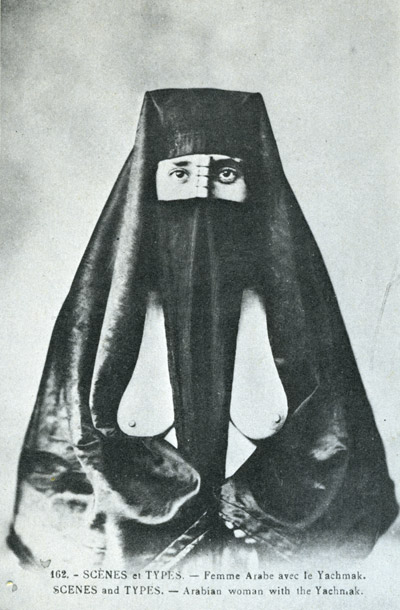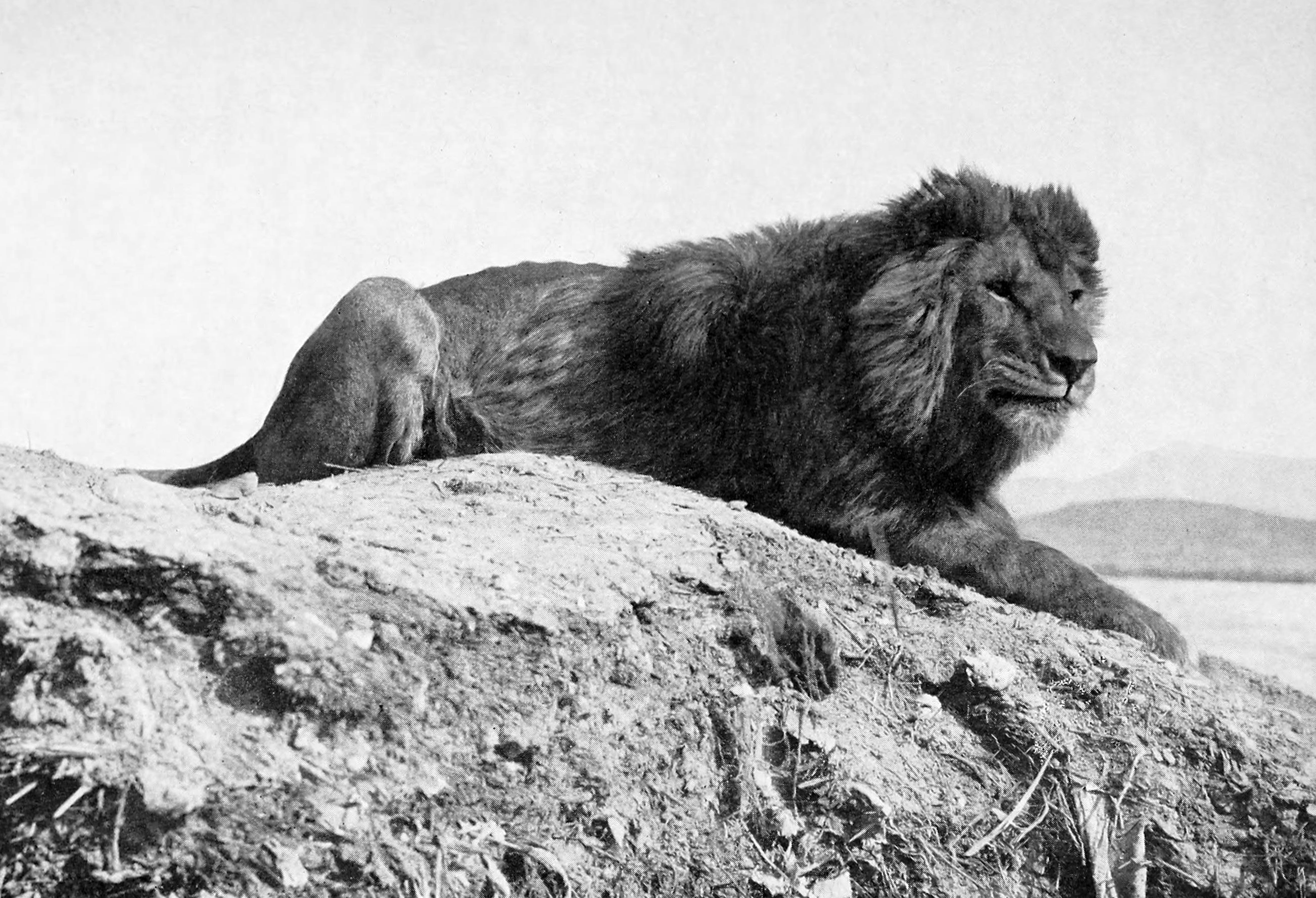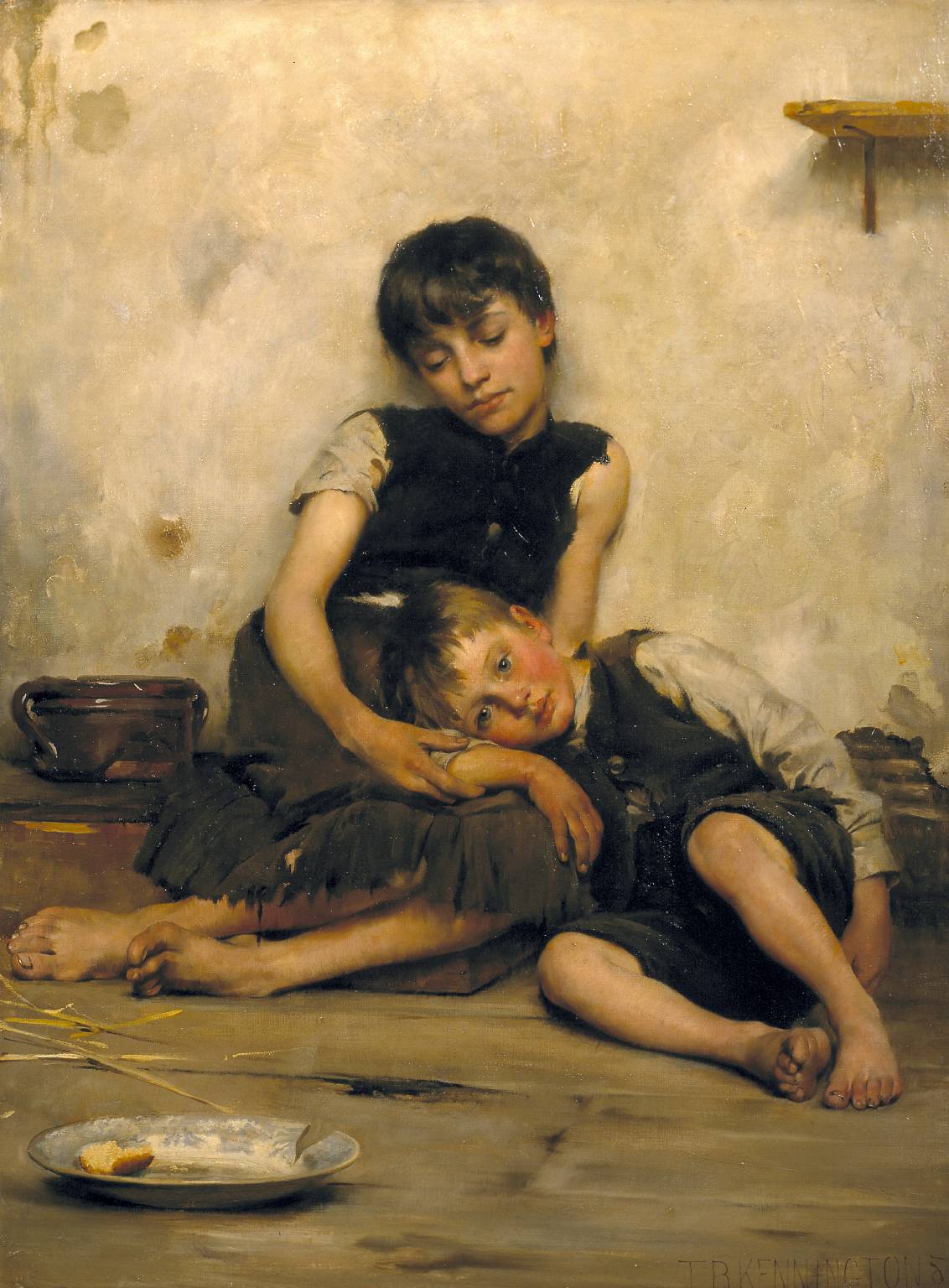|
Malek Alloula
Malek Alloula (1937–2015) was an Algerian poet, writer, editor, and literary critic. He is chiefly notable for his poetry and essays on philosophy. He wrote several books, including ''Le Harem Colonial'' in 1981, translated into English as ''The Colonial Harem'', which was generally well received. The author analyses colonial photographic postcards of Algerian women from the late 19th and early 20th centuries, arguing that the postcards do not accurately represent Algerian women, but rather a Frenchman's fantasy of the "Oriental" female. Biography He was born November 3, 1937 in Oran, Algeria. Having graduated from the École Normale Supérieure, he further studied literature at the University of Algiers and La Sorbonne, Paris, where he wrote his doctoral thesis on Denis Diderot, a French philosopher and writer. He married Assia Djebar, an Algerian filmmaker and novelist, in 1980; they divorced in 2005. He was the director of the Abdelkader Alloula Foundation, which honors ... [...More Info...] [...Related Items...] OR: [Wikipedia] [Google] [Baidu] |
Oran
Oran ( ar, وَهران, Wahrān) is a major coastal city located in the north-west of Algeria. It is considered the second most important city of Algeria after the capital Algiers, due to its population and commercial, industrial, and cultural importance. It is west-south-west from Algiers. The total population of the city was 803,329 in 2008, while the metropolitan area has a population of approximately 1,500,000 making it the second-largest city in Algeria. Etymology The word ''Wahran'' comes from the Berber expression ''wa - iharan'' (place of lions). A locally popular legend tells that in the period around AD 900, there were sightings of Barbary lions in the area. The last two lions were killed on a mountain near Oran, and it became known as ''la montagne des lions'' ("The Mountain of Lions"). Two giant lion statues stand in front of Oran's city hall, symbolizing the city. History Overview During the Roman Empire, a small settlement called ''Unica Colonia'' existed in ... [...More Info...] [...Related Items...] OR: [Wikipedia] [Google] [Baidu] |
Arab Woman With The Yachmak, Late 19th Century
The Arabs (singular: Arab; singular ar, عَرَبِيٌّ, DIN 31635: , , plural ar, عَرَب, DIN 31635: , Arabic pronunciation: ), also known as the Arab people, are an ethnic group mainly inhabiting the Arab world in Western Asia, North Africa, the Horn of Africa, and the western Indian Ocean islands (including the Comoros). An Arab diaspora is also present around the world in significant numbers, most notably in the Americas, Western Europe, Turkey, Indonesia, and Iran. In modern usage, the term "Arab" tends to refer to those who both carry that ethnic identity and speak Arabic as their native language. This contrasts with the narrower traditional definition, which refers to the descendants of the tribes of Arabia. The religion of Islam was developed in Arabia, and Classical Arabic serves as the language of Islamic literature. 93 percent of Arabs are Muslims (the remainder consisted mostly of Arab Christians), while Arab Muslims are only 20 percent of the global ... [...More Info...] [...Related Items...] OR: [Wikipedia] [Google] [Baidu] |
University Of Algiers Alumni
A university () is an institution of higher (or tertiary) education and research which awards academic degrees in several academic disciplines. ''University'' is derived from the Latin phrase ''universitas magistrorum et scholarium'', which roughly means "community of teachers and scholars". Universities typically offer both undergraduate and postgraduate programs. The first universities in Europe were established by Catholic Church monks. The University of Bologna (), Italy, which was founded in 1088, is the first university in the sense of: *being a high degree-awarding institute. *using the word ''universitas'' (which was coined at its foundation). *having independence from the ecclesiastic schools and issuing secular as well as non-secular degrees (with teaching conducted by both clergy and non-clergy): grammar, rhetoric, logic, theology, canon law, notarial law.Hunt Janin: "The university in medieval life, 1179–1499", McFarland, 2008, , p. 55f.de Ridder-Symoens, Hilde' ... [...More Info...] [...Related Items...] OR: [Wikipedia] [Google] [Baidu] |
Algerian Literary Critics
Algerian may refer to: * Something of, or related to Algeria * Algerian people, a person or people from Algeria, or of Algerian descent * Algerian cuisine * Algerian culture * Algerian Islamic reference * Algerian Mus'haf * Algerian (solitaire) * Algerian (typeface) See also * * Languages of Algeria * List of Algerians Notable Algerians include: Artists Writers (including poets) *Ferhat Abbas (1899–1985), political leader and essayist *Mohamed Aïchaoui (1921–1959), political leader and journalist *Abdelkader Alloula (born 1939), playwright *Al-Akhd ... {{disambiguation Language and nationality disambiguation pages ... [...More Info...] [...Related Items...] OR: [Wikipedia] [Google] [Baidu] |
École Normale Supérieure Alumni
École may refer to: * an elementary school in the French educational stages normally followed by secondary education establishments (collège and lycée) * École (river), a tributary of the Seine The Seine ( , ) is a river in northern France. Its drainage basin is in the Paris Basin (a geological relative lowland) covering most of northern France. It rises at Source-Seine, northwest of Dijon in northeastern France in the Langres plate ... flowing in région Île-de-France * École, Savoie, a French commune * École-Valentin, a French commune in the Doubs département * Grandes écoles, higher education establishments in France * The École, a French-American bilingual school in New York City Ecole may refer to: * Ecole Software, a Japanese video-games developer/publisher {{disambiguation, geo ... [...More Info...] [...Related Items...] OR: [Wikipedia] [Google] [Baidu] |
Algerian Writers
Algerian may refer to: * Something of, or related to Algeria * Algerian people, a person or people from Algeria, or of Algerian descent * Algerian cuisine * Algerian culture * Algerian Islamic reference * Algerian Mus'haf * Algerian (solitaire) * Algerian (typeface) See also * * Languages of Algeria * List of Algerians Notable Algerians include: Artists Writers (including poets) * Ferhat Abbas (1899–1985), political leader and essayist * Mohamed Aïchaoui (1921–1959), political leader and journalist *Abdelkader Alloula (born 1939), playwright *Al-Ak ... {{disambiguation Language and nationality disambiguation pages ... [...More Info...] [...Related Items...] OR: [Wikipedia] [Google] [Baidu] |
1937 Births
Events January * January 1 – Anastasio Somoza García becomes President of Nicaragua. * January 5 – Water levels begin to rise in the Ohio River in the United States, leading to the Ohio River flood of 1937, which continues into February, leaving 1 million people homeless and 385 people dead. * January 15 – Spanish Civil War: Second Battle of the Corunna Road ends inconclusively. * January 20 – Second inauguration of Franklin D. Roosevelt: Franklin D. Roosevelt is sworn in for a second term as President of the United States. This is the first time that the United States presidential inauguration occurs on this date; the change is due to the ratification in 1933 of the Twentieth Amendment to the United States Constitution. * January 23 – Moscow Trials: Trial of the Anti-Soviet Trotskyist Center – In the Soviet Union 17 leading Communists go on trial, accused of participating in a plot led by Leon Trotsky to overthrow Joseph Stalin's regime, and ... [...More Info...] [...Related Items...] OR: [Wikipedia] [Google] [Baidu] |
Oriental
The Orient is a term for the East in relation to Europe, traditionally comprising anything belonging to the Eastern world. It is the antonym of '' Occident'', the Western World. In English, it is largely a metonym for, and coterminous with, the continent of Asia, loosely classified into the Western Asia, Southeast Asia, South Asia, Central Asia, East Asia, and sometimes including the Caucasus. Originally, the term ''Orient'' was used to designate only the Near East, and later its meaning evolved and expanded, designating also the Middle East, Central Asia, South Asia, Southeast Asia, or the Far East. The term ''oriental'' is often used to describe objects from the Orient; however in the United States it is considered an outdated and often offensive term by some, especially when used to refer to people of East Asian and Southeast Asian descent. Etymology The term "Orient" derives from the Latin word ''oriens'' meaning "east" (lit. "rising" < ''orior'' " rise"). The use of the ... [...More Info...] [...Related Items...] OR: [Wikipedia] [Google] [Baidu] |
Western World
The Western world, also known as the West, primarily refers to the various nations and states in the regions of Europe, North America, and Oceania.Western Civilization Our Tradition; James Kurth; accessed 30 August 2011 The Western world is also known as the Occident (from the word ''occidēns'' "setting down, sunset, west") in contrast to the Eastern world known as the ... [...More Info...] [...Related Items...] OR: [Wikipedia] [Google] [Baidu] |
Prostitutes
Prostitution is the business or practice of engaging in sexual activity in exchange for payment. The definition of "sexual activity" varies, and is often defined as an activity requiring physical contact (e.g., sexual intercourse, non-penetrative sex, oral sex, etc.) with the customer. The requirement of physical contact also creates the risk of transferring diseases. Prostitution is sometimes described as sexual services, commercial sex or, colloquially, hooking. It is sometimes referred to euphemistically as "the world's oldest profession" in the English-speaking world. A person who works in this field is called a prostitute, or more inclusively, a sex worker. Prostitution occurs in a variety of forms, and its legal status varies from country to country (sometimes from region to region within a given country), ranging from being an enforced or unenforced crime, to unregulated, to a regulated profession. It is one branch of the sex industry, along with pornography, ... [...More Info...] [...Related Items...] OR: [Wikipedia] [Google] [Baidu] |
Orphans
An orphan (from the el, ορφανός, orphanós) is a child whose parents have died. In common usage, only a child who has lost both parents due to death is called an orphan. When referring to animals, only the mother's condition is usually relevant (i.e. if the female parent has gone, the offspring is an orphan, regardless of the father's condition). Definitions Various groups use different definitions to identify orphans. One legal definition used in the United States is a minor bereft through "death or disappearance of, abandonment or desertion by, or separation or loss from, both parents". In the common use, an orphan does not have any surviving parent to care for them. However, the United Nations Children's Fund (UNICEF), Joint United Nations Programme on HIV and AIDS (UNAIDS), and other groups label any child who has lost one parent as an orphan. In this approach, a ''maternal orphan'' is a child whose mother has died, a ''paternal orphan'' is a child whose fat ... [...More Info...] [...Related Items...] OR: [Wikipedia] [Google] [Baidu] |






